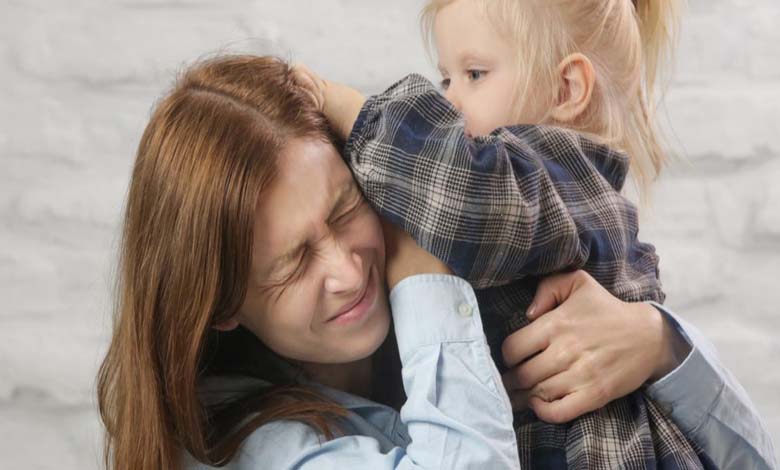What to do when your child hits you

It’s certainly frustrating, embarrassing, and concerning when your child hits you. For some parents, it can also bring feelings of shame and despair, especially since their child’s aggression may suggest they have somehow failed in their upbringing.
According to child mental health experts, most young children hit their parents from time to time. They emphasize that how a parent responds to their child hitting them is key to stopping this annoying habit.
Here’s what specialists have explained to Parents about what parents need to know when their children hit them.
Why does your child hit you?
There are several reasons why children hit their parents, including:
- They don’t know how to manage or express their emotions in a socially acceptable way.
- They lack the language skills or impulse control to deal with their emotions.
- They want to meet their needs and get what they want, often without considering the consequences.
What to do when your child hits you
Experts emphasize that how you respond to hitting will affect the likelihood of your child hitting you again. Here’s what you should do:
Set rules
Establish household rules about respect, and explain to your child that hitting, kicking, or biting are not allowed in your home.
Frame your rules positively whenever possible. Instead of saying, “Don’t hit,” say, “Use respectful touches.” Talk to your child about the rules to ensure they understand the consequences of breaking them.
When your child hits you, firmly say, “No hitting. Hitting hurts.” Keep your messages consistent to teach your child that hitting is unacceptable and will not be tolerated.
Use consequences to enforce the rules
If your child knows the rules but continues to hit you, use some of the following consequences to discourage them from hitting again.
-
After His Disappearance… Body of Egyptian Child Found in Sewer
- Time-out: For some children, time-out can be the most effective method to discourage them from hitting again. Time-outs teach young children how to calm themselves and learn self-regulation during this quiet time.
- Loss of privileges: Other children may need additional consequences. Taking away privileges can be an effective disciplinary strategy. Restrict your child’s access to electronics or certain toys. The younger the child, the shorter the time they need to be away from anything.
- Restitution: Ask your child to do an extra chore or draw you a picture as a way to make up for their action.
Acknowledge positive behaviors
Reinforcing good behaviors with positive consequences can encourage your child to stop hitting. Notice when your child engages in behavior you want to see and praise them when you see it.
According to experts, this will reinforce the positive behavior and increase the likelihood of your child engaging in this behavior in the future.
Teach appropriate behavior
Avoid telling children, “Don’t hit.” Instead, say things like “Use gentle hands” or “Express your feelings.”
Also, teach your child anger management skills. When they feel angry or upset, encourage them to look at an age-appropriate book, draw a picture, take a deep breath, or go to their room.
Don’t forget to talk to your child about emotions, such as sadness and frustration. Discuss the importance of handling these emotions appropriately and help them discover strategies to manage their feelings safely.
Avoid physical punishment
If you use spanking as punishment, your child will question why you are allowed to hit and they are not. Instead of teaching them self-control, spanking can increase their aggression.
Experts emphasize that children learn behavior from what they see you do, not from what they hear you say.












